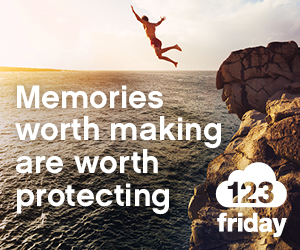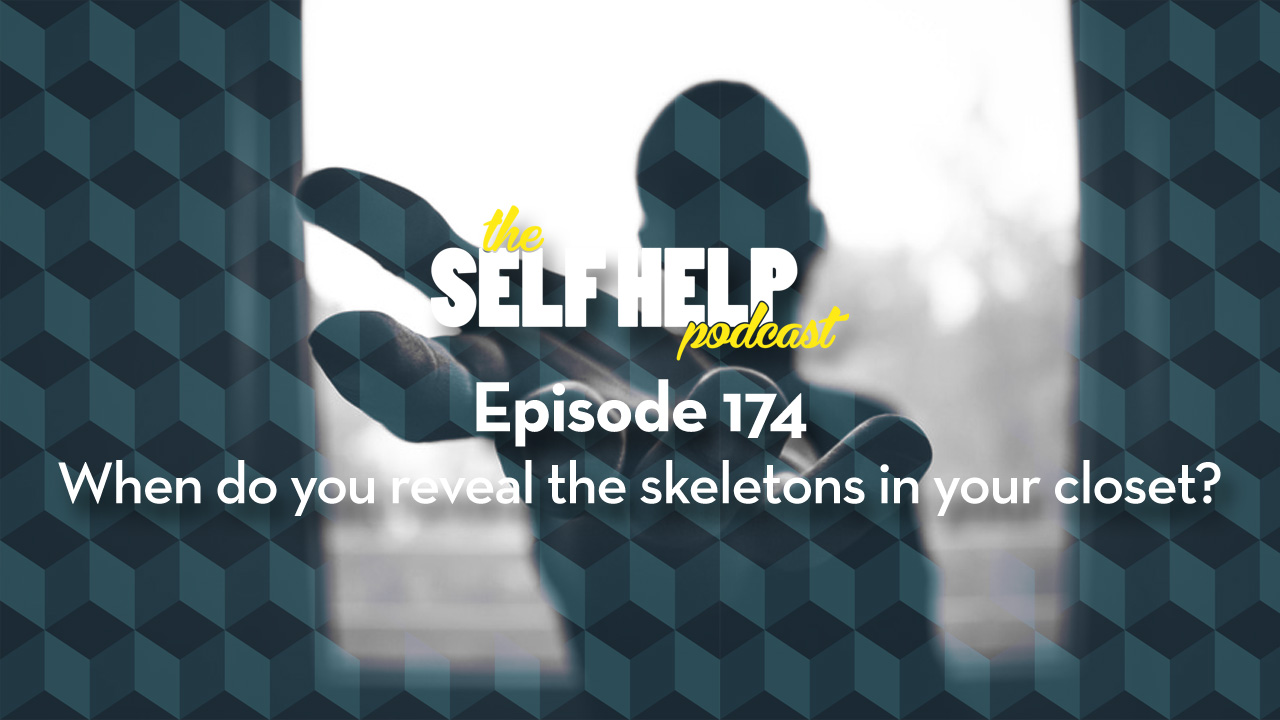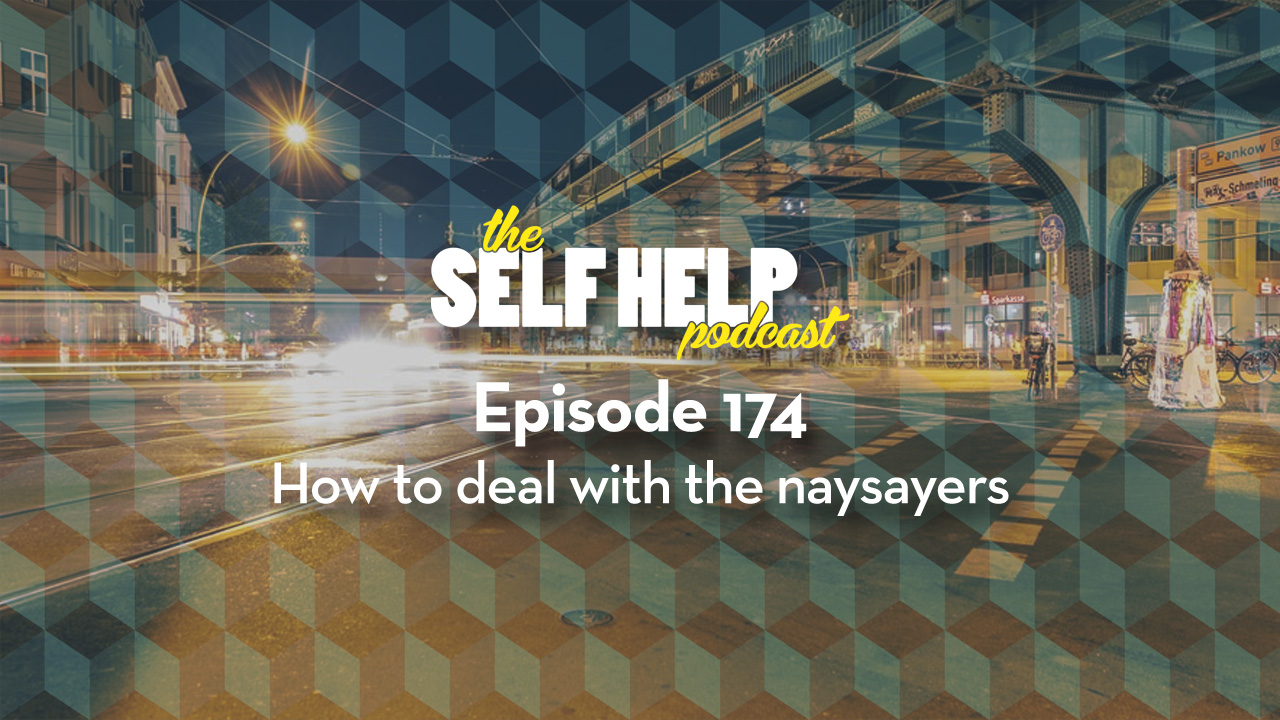Definition:..
…a person who habitually expresses negative or pessimistic views
despite a general feeling that things were going well..
You must know them, you might even be one, Naysayers are everywhere. If the sun is shinning it is too hot, if not it is too cold, too wet, too dry, whatever it is, it is never right and it never will be. The role of the Naysayer is to tell you how bad it all is and to reinforce this negative message at every opportunity.
Who is doing it?
Try this one, go to three different places, maybe cafes, waiting rooms, bus stops, or wherever, and listen to the conversation being carried on by those around you, what do you hear? Are the people around you sharing positive or negative things? Are they counting their blessing or bemoaning their woes? Are they sharing how good their life’s are or reciting the badness in their everyday?
Are you positively or negatively dominated?
Current research suggests that for most people the average negative dominance of their thoughts and conversation is about 70%. That means that for most of us we spend about 70% of our time thinking, feeling and talking about negative things.
What are we doing this for?
If we could track back in evolutionary time we could probably find a point where it became good for our development to be negative. Perhaps it was an obsession with danger that kept us safe. Or maybe the fear of starvation made us critical of others that wasted precious resources. However it began and however it developed it is with us today and maybe is developing. It is certainly true that every person who develops and maintains the habit of negative dominance becomes a drop in the ocean of negative consciousness that affects us all.
Does it have to be this way?
We know that we are each the sum total of all that we have learned since our birth, this is our paradigm or all of the habits that we have developed throughout our life. As we learn our habits from observation we can assume that the habit of negative dominance has been passed down the generations to the point where the habit is now accepted as normal behaviour. Remember; a habit is something that requires no effort and no will power to enact, we simply just do it. It becomes who we are, how we see ourselves, it becomes normal behaviour.
Be informed not inundated
Having listened to others talking try the news broadcasts, list the positive stories and the negative stories. What is the dominance, negative or positive? Just think about it. If this is the diet of information that we are receiving every day then it is little wonder that we have negative thoughts and feelings. We need to be aware of the news, we need to be informed but we do not need to be inundated by a sea of negativity. We begin to realise that with all this negative recitation and rumination how can we ever have a positive dominance in our thoughts and feelings.
Time to change
To change you need to do two main things, 1: Stop listening to the sources of negativity and 2: start listening to the sources of positivity. This means stop listening to ever repeated news broadcasts and move away from people that you know who keep reciting negative messages.
Do you really know yourself?
Ok, last task, spend the rest of today listening to yourself. Listen to what comes out of your mouth but also to your inner thoughts and feelings. As you become aware of what is happening inside you begin to observe how your system responds to negative messages. These may be news items or come from what other people are saying.
What do you do with them? Do you grab them and play with them, reject them, get angry, sad? Just observe what you are doing and how you are handling it. Be aware of how your body responds. You might react to negative news/information with an in take of breath, with a flutter in your tummy, with a surge of anger or sadness. Whatever it is become aware of it.
As you observe, watch what you do. Do you let negativity go? Do you challenge it? How does it make you feel?
The point is that like all things positivity and negativity is a choice. Only you can decide how you respond and react to all the things that happen around you.
So back to the question at the beginning, the reason that we listen to Naysayers is because that is the habit that we have developed. In listening to negative messages we feed the Naysayer and encourage their bad behaviour. It is another case of what we feed grows and what we starve dies. If we stop giving it attention, it eventually goes away.
Take care be happy and practise being a Yaysayer rather that a Naysayer.
Sean x
 We’re taught at an early age about bullies; either through direct experience or via classic tv and film portraits – think Bif from Back to the Future or Nelson from The Simpsons. In reality though, a bully won’t disappear when you switch off the television or even when you go home from school or work. They follow you everywhere. So how do you combat them?
We’re taught at an early age about bullies; either through direct experience or via classic tv and film portraits – think Bif from Back to the Future or Nelson from The Simpsons. In reality though, a bully won’t disappear when you switch off the television or even when you go home from school or work. They follow you everywhere. So how do you combat them?




